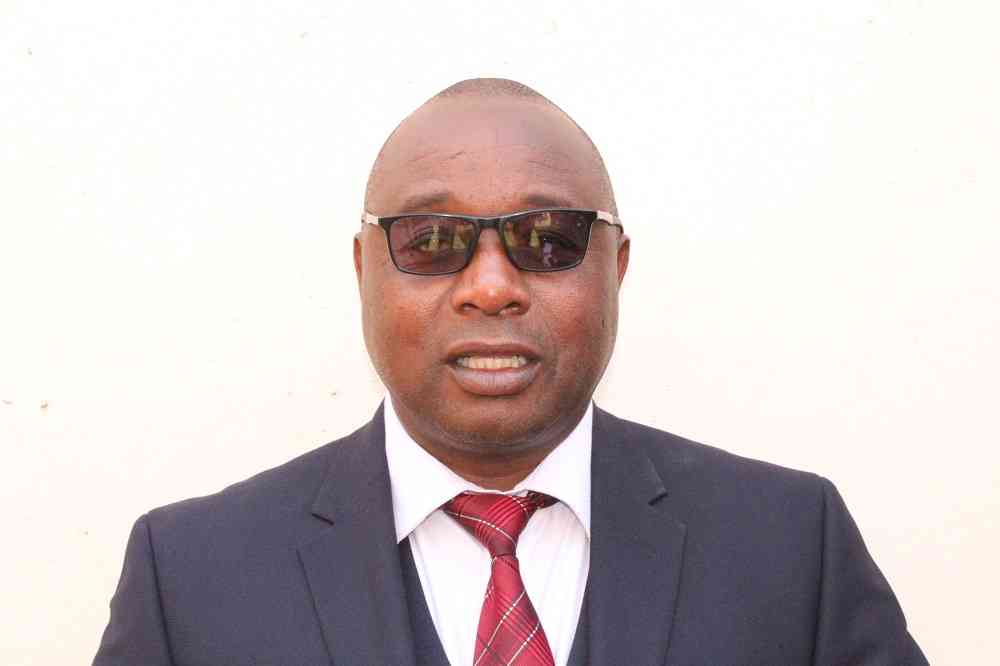
ZIMBABWE has recorded a 25% rise in the national fish production, bringing the annual tonnage to 32 000 metric tonnes in the past three years, Lands, Agriculture, Water and Rural Development deputy minister Davis Marapira has said.
Speaking at the Fisheries and Aquaculture Communications and Advocacy Donor Round Table hosted by Southern African Research and Documentation Centre (SARDC) in Harare last week, Marapira said the ministry had prioritised the sector as a cornerstone of the nation's food security strategy, rural empowerment and climate resilience.
SARDC is an independent regional knowledge resource centre established in 1985 to strengthen regional policy perspectives and track implementation on a range of issues in southern Africa and works in partnership at national and regional levels.
SARDC is made up of topical institutes that focus on relevant regional processes and has a long track record of achievements in partnership with the Southern African Development Community member State governments and other stakeholders in the development sector.
Marapira said the government established a standalone department that targeted fish production and commercialisation in the country.
“Over the past three years, we have witnessed marginal and meaningful growth in this sector. Since the implementation of targeted activities under the Fisheries and Aquaculture Resources Production Department (FARD) in my ministry, we have witnessed a remarkable 25% increase in national fish production, bringing our annual tonnage to 32 000 metric tonnes to date,” he said.
“This growth is not just a statistic, it is a signal of transformation. It reflects the hard work of our farmers, the commitment of our institutions and the power of collaboration.
“It is a step towards our goal of reaching 60 000 metric tonnes per year and building a billion-dollar fisheries and aquaculture economy.”
- Rabbit farming a promising sector: Govt
- Agroecology takes centre stage at seed festival
- ‘Rainfall season increases risk of tick-borne disease outbreak’
- Punish reckless farmers who let livestock stray
Keep Reading
The government also launched the 2025/26 Aquaculture Production Season in Shurugwi last week including the capacitation of personnel in 23 village business units, each manned by dedicated farmers and supported by agricultural business advisory officers at both district and provincial levels.
“These units are not only production hubs, they serve as vital awareness tools to educate communities on key issues related to aquaculture,” Marapira said.
“In the coming weeks, targeted training will be rolled out to ensure that all stakeholders are equipped with the knowledge and skills necessary to drive sustainable aquaculture practices across the country.
“It is important that we continue to empower our farmers through well-packaged, accessible materials that cater to the diverse roles each stakeholder plays in this ecosystem.”
He said fisheries and aquaculture were no longer peripheral activities, emphasising that they are central to our socio-economic empowerment agenda.
“Through documentaries, training, stakeholder forums and scientific publications, we are not just producing fish, we are producing knowledge, awareness and opportunity,” the deputy minister said.
“However, let us not be limited to documentation and advocacy alone. While we are gathered here to discuss communication strategies and awareness-building, we must also broaden our lens.
“This is an opportunity to explore other vital avenues of research and innovation such as antimicrobial resistance, the development of robust cold chain facilities and other emerging challenges and opportunities within the aquaculture sector.”
Meanwhile, SARDC executive director Munetsi Madakufamba said the centre was working with the government to promote blue economy approaches in the fisheries sector.
“This resonates well with the key outcomes of the recent 45th Sadc Summit of Heads of State and Government held in Madagascar, where regional leaders endorsed the theme Advancing Industrialisation, Agricultural Transformation and Energy Transition for a Resilient Sadc.
“This theme is not only a guiding vision, but also a reaffirmation of our shared commitment to industrial growth, agricultural modernisation and a just energy transition. These pillars remain central in shaping a more resilient, integrated and inclusive Sadc region.
"The recent Sadc summit further underscored the vital role of agriculture in ensuring food security and self-sufficiency.
"In this context, fisheries and aquaculture occupy a strategic position.
“The fisheries sector contributes significantly to livelihoods, nutrition and trade, while also being a cornerstone of the regional blue economy.”






